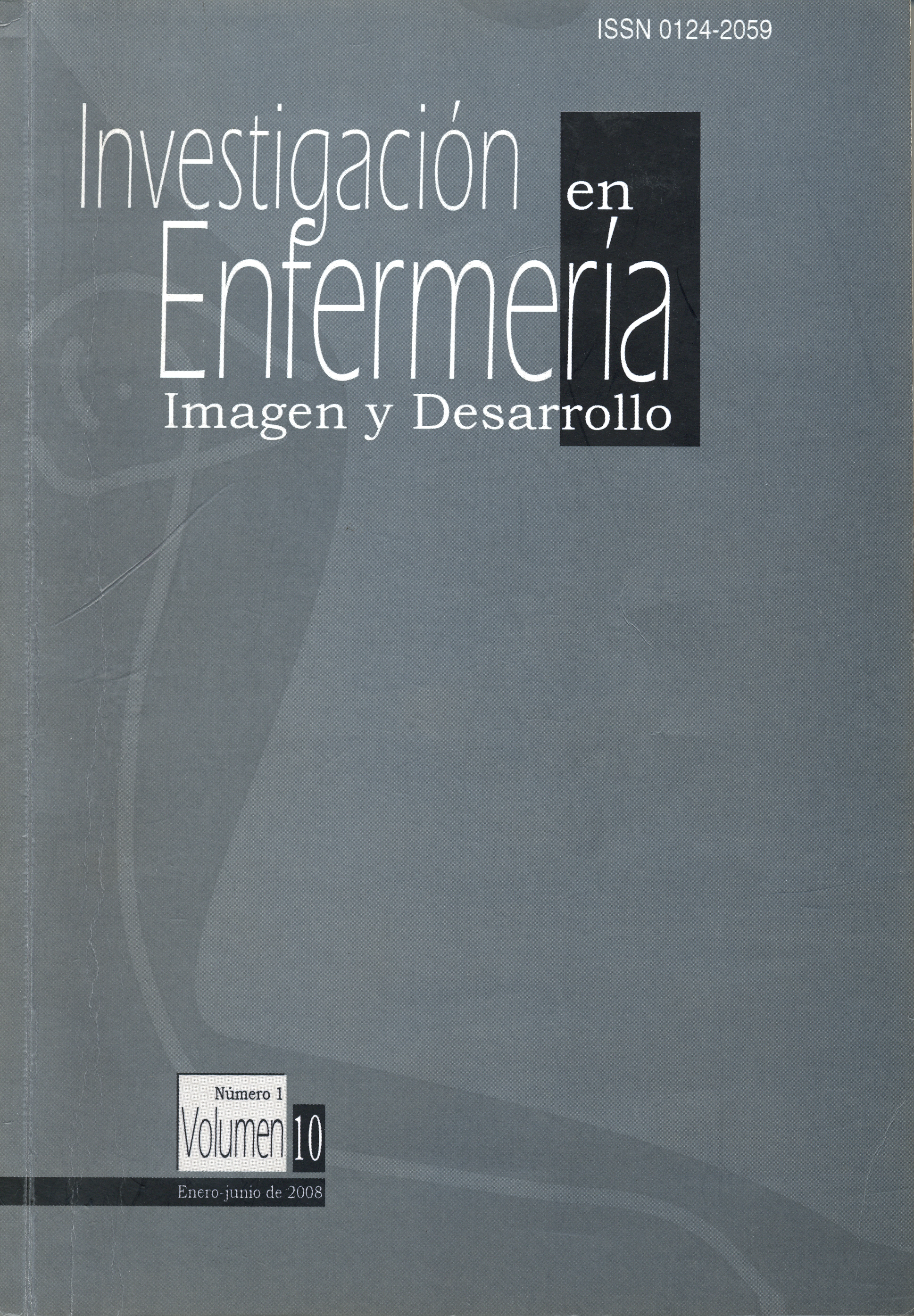Resumen
Presento los resultados de una investigación cualitativa, participatica con enfoque etnográfico, que realizamos de enero a diciembre de 2006 con ocho niñas y cinco niños de un barrio de los cerros orientales de Bogotá, sobre sus ideas, sentimientos y actitudes acerca del castigo. Los participantes narraron eventos de castigo en el hogar y con menor frecuencia eventos en el colegio. Los papás y las mamás castigan a los niños pegándoles con objetos, con la mano, regañándolos, prohibiéndoles gustos dejándolos en el cuarto. Cuando los castigaban, los participantes manifestaron, entre otros, sentirse mal, aburridos, rabiosos, culpables y confusos. Proponen que, si se portan mal, no les peguen ni los humillen, sino que les hablen y les expliquen. Sin embargo, muchos de los participantes expresaron ideas que justifican el castigo corporal y humillante, como una medida necesaria para controlar las malas acciones de los niños. Finalmente, discuto los resultados en el contexto de la literatura sobre los efectos del castigo y la política de erradicación del castigo corporal y planteo algunas acciones con diferentes actores locales e institucionales.
ABSTRACT
I present a qualitative research study conducted from January through December 2006. Along with eight girls and five boys from a neighborhood located at the east hills of Bogotá, we conducted a qualitative, participatory ethnographic study about their ideas, feelings and attitudes about punishment. Participants narrated events of punishment at home and less frequently at school. Parents punish their children hitting them with objects, spanking, scolding them, forbidding whatever they like or keeping them at their bedrooms. As result of being punished, participants said they feel bad, bored, guilty, angry and confused. They suggest not being hit or humiliated, but rather be telling or explaining about their bad behaviors. However, many of them talked about ideas that justify corporal punishment as an effective mean for controlling children's bad behaviors. Finally, I discuss results within the context of the litrature about the effects of punishment and the policy about ending corporal punishment, and propose some actions with local and institutional actors.
La revista Investigación en Enfermería. Imagen y Desarrollo se encuentra registrada bajo la licencia Creative Commons Reconocimiento 4.0 Internacional. Por lo tanto, esta obra se puede reproducir, distribuir y comunicar públicamente en formato digital, siempre que se reconozca el nombre de los autores y a la Pontificia Universidad Javeriana. Se permite citar, adaptar, transformar, autoarchivar, republicar y crear a partir del material, para cualquier finalidad (incluso comercial), siempre que se reconozca adecuadamente la autoría, se proporcione un enlace a la obra original y se indique si se han realizado cambios. La Pontificia Universidad Javeriana no retiene los derechos sobre las obras publicadas y los contenidos son responsabilidad exclusiva de los autores, quienes conservan sus derechos morales, intelectuales, de privacidad y publicidad.
El aval sobre la intervención de la obra (revisión, corrección de estilo, traducción, diagramación) y su posterior divulgación se otorga mediante una licencia de uso y no a través de una cesión de derechos, lo que representa que la revista y la Pontificia Universidad Javeriana se eximen de cualquier responsabilidad que se pueda derivar de una mala práctica ética por parte de los autores. En consecuencia de la protección brindada por la licencia de uso, la revista no se encuentra en la obligación de publicar retractaciones o modificar la información ya publicada, a no ser que la errata surja del proceso de gestión editorial. La publicación de contenidos en esta revista no representa regalías para los contribuyentes.


